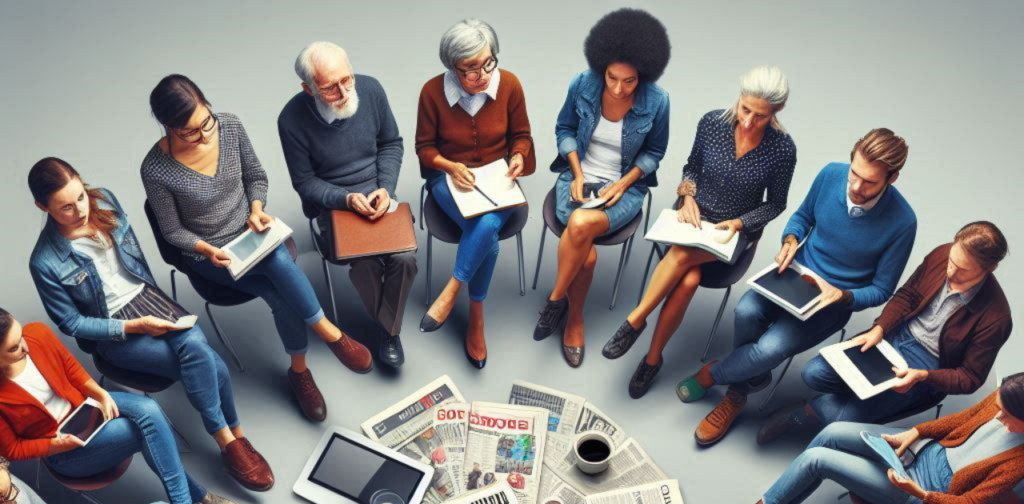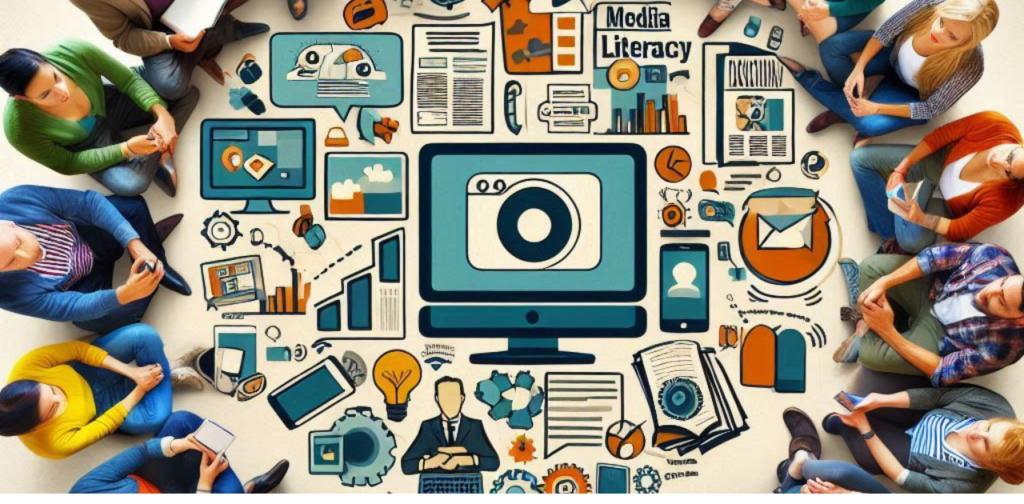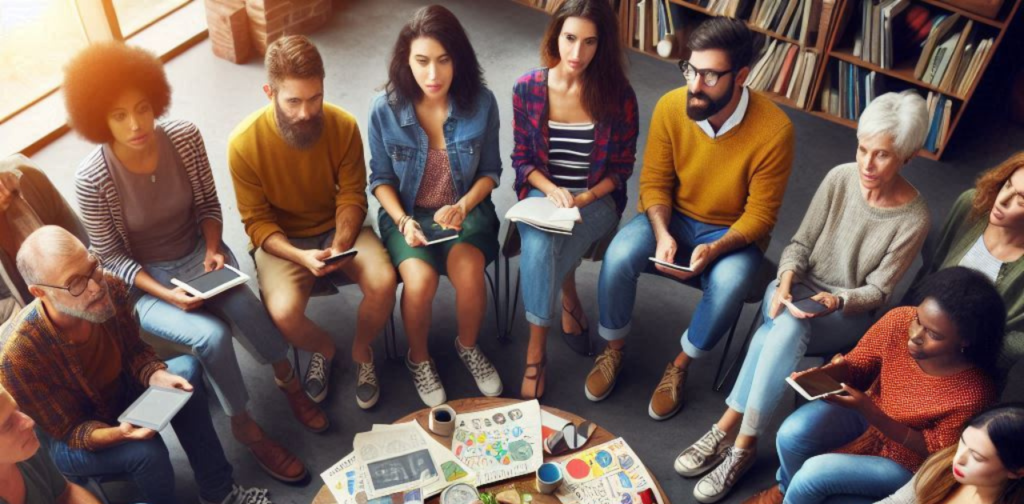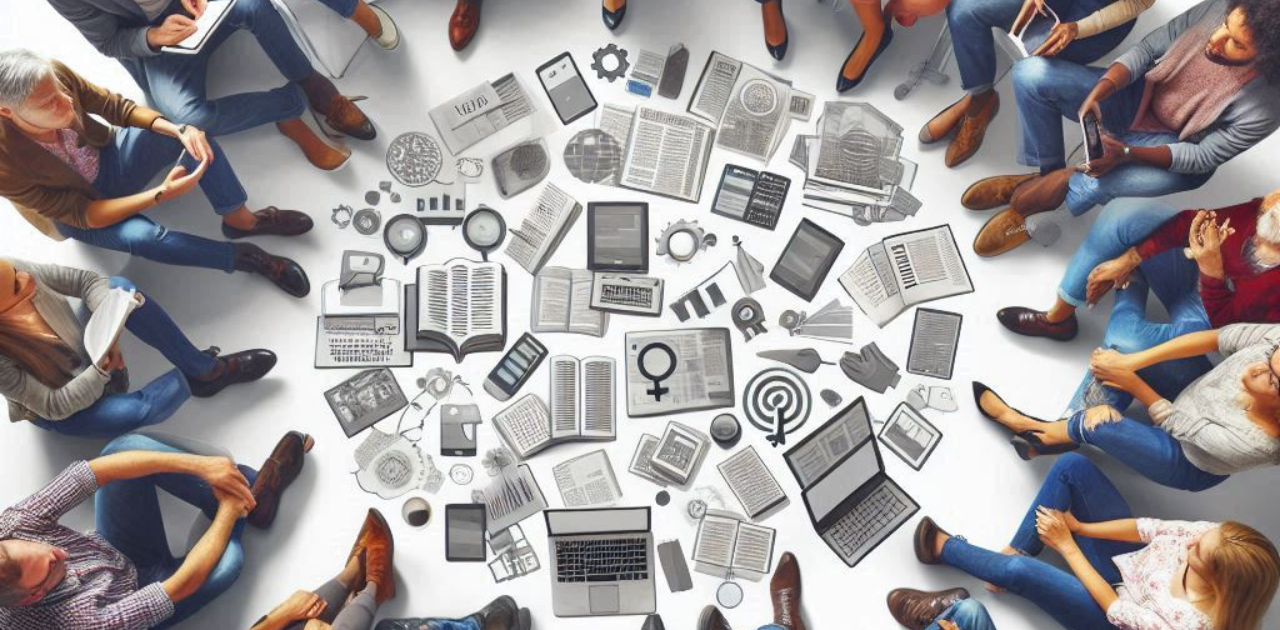Contents
Introduction
Media literacy is the ability to access, analyze, evaluate, create, and process all forms of communication. It empowers individuals to become critical consumers of media, enabling them to discern fact from fiction, identify biases, and understand the underlying messages conveyed by various media platforms. In today’s information-rich world, media literacy is an essential skill for navigating the complex media landscape.
Body
Media literacy includes
several key components:

- Critical Thinking: Analyzing media messages for accuracy, bias and underlying assumptions.
- Media Analysis: Deconstructing media content to understand its construction and purpose.
- Effective Communication: Creating and sharing information responsibly and ethically.
- Digital Citizenship: Understanding the rights and responsibilities of participating in digital communities.
- Media Production: Creating media content to communicate ideas and perspectives.
Key skills associated with media literacy include:
- Source Evaluation: Determining the credibility and reliability of information sources.
Identifying Bias: Identifying and analyzing biases in media messages. - Understanding media effects: Knowing how media can influence thoughts, feelings, and behaviors.
- Media Creation: Creating media content to communicate effectively.
- Digital Citizenship: Practicing ethical and responsible online behavior.
Table: Media Literacy Competency
| Ability Description |
|—|—|
| Critical thinking Analyzing media messages for accuracy, bias, and underlying assumptions
| Media Analysis | Deconstructing media content to understand its construction and purpose
| Effective communication Creating and sharing information responsibly and ethically
| Digital Citizenship | Understanding Rights and Responsibilities in the Digital World |
| Media production Creating media content to express ideas

Result
Media literacy is essential to navigating the complex and ever-changing media landscape. By developing strong media literacy skills, individuals can become informed, critical thinkers who can use, create, and share information effectively. Media literacy empowers individuals to make informed decisions and participate actively in democratic societies.
Frequently Asked Questions
- What is the difference between media literacy and digital literacy?
- While digital literacy focuses on technical skills to use digital tools, media literacy emphasizes critical thinking and analysis of media messages.
- How can media literacy be taught effectively?
- Media literacy can be taught through hands-on activities, critical analysis of media texts, and real-world projects.
- What are the challenges of promoting media literacy?
- Challenges include the rapid evolution of media, the spread of misinformation, and the digital divide.
- How does media literacy affect critical thinking?
- Media literacy encourages critical thinking by developing skills to analyze information, question assumptions, and evaluate evidence.
- What is the role of media literacy in education?
- Media literacy is essential to prepare students to be informed and engaged citizens in the digital age.
Media literacy

is a lifelong learning process. By developing strong media literacy skills, individuals can become empowered citizens capable of navigating the complexities of the media landscape.
Would you like to focus on a specific aspect of media literacy, such as media literacy education, media bias, or media and children?
